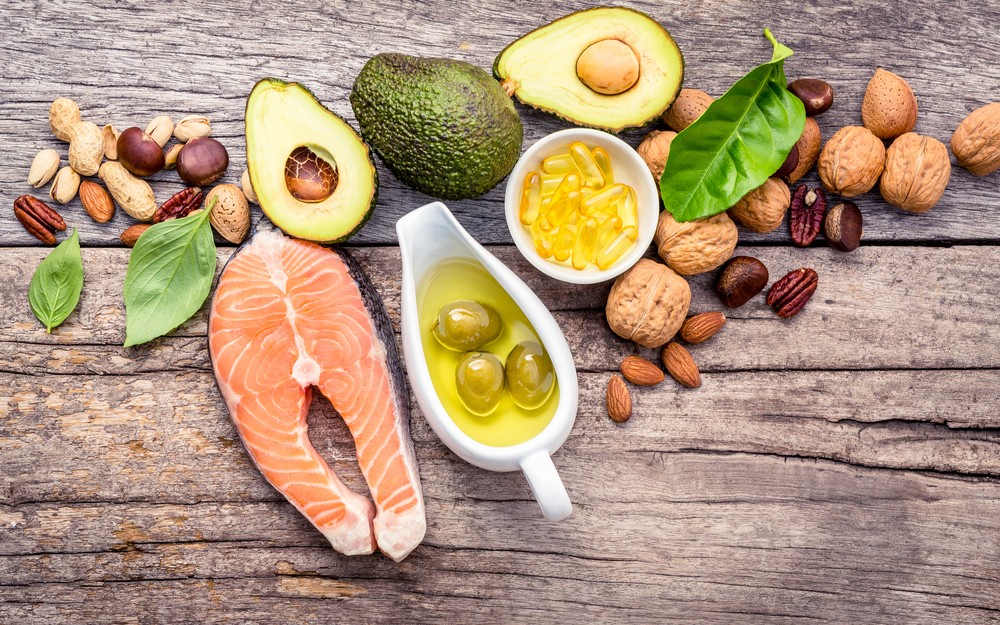
What is cholesterol?
Cholesterol is a fatty substance produced by the body that is needed in order for it to function properly. It can be found in the cell walls and membranes of the brain, nerves, skin, liver and intestines. It is responsible in small amounts for producing the many hormones required to break down fat. But when too much cholesterol is produced, it can build up in blood vessels and directly affect the heart, resulting in an increased risk in Cardio vascular disease.
Not all cholesterols are born equal
The body produces two types of cholesterol, High density Lipoprotein (HDL) and Low Density Lipoprotein (LDL).
- HDL, otherwise known as "good cholesterol", is made up of mainly protein (and little fat) and prevents LDL cholesterol from building up in the arteries.
- LDL, otherwise known as the "bad cholesterol", is made up of mainly fat (and very little protein). It is responsible for carrying cholesterol from the liver to the cells, which increases the risk of it building up on the walls of the blood vessels.
How good cholesterol can help the fight against cancer
Recent scientific studies have shown a when HDL cholesterol levels are increased in the bloodstream, a decreased risk in cancer results. Whilst they are unable to confirm, it is assumed by science that the high level of HDL cholesterol helps reduce the risk of cancer as it's somehow related to the body's processes that facilitate cancer cell development.
Over an eighteen-year period, the cholesterol levels of nearly thirty thousand male smokers were monitored and recorded. By the end of the study, it was concluded men with higher HDL levels were far less likely to develop cancer, and those men with low HDL levels had an increased chance of developing lung, liver, prostate bowel and kidney cancer.
How you can increase you good cholesterol
Whether you are a smoker or not, you can reduce your risk of developing cancer by increasing you natural levels of HDL cholesterol. Read on for tips on how to do so:
Increase your aerobic exercise
Aerobic exercise not only reduces your weight, it also improves your HDL count.
Cut out Trans Fats
Trans Fats have been associated with the development of many diseases, including cancer, by scientists . They have also been shown to decrease HDL cholesterol, and increase LDL levels. Replace trans fat containing foods with wholegrains, fruits and vegetables instead to increase HDL levels.
Quit smoking
Smoking reduces the HDL levels in your bloodstream. Quit smoking, and over an 8 – 10 week period watch your HDL levels increase. And not only will the higher HDL help reduce your risk of cancer, but it will also decrease your chances of developing other smoking-related diseases such as emphysema.
Increase your Omega 3 and Omega 6 intake
Both of these essential fatty acids increase the body's natural HDL levels. Fish and nuts are an excellent food source, or if you would prefer you may choose to take a fish/Linseed/Hemp oil supplement.
Reduce refined sugars in your diet
Refined sugars not only spike your blood sugar levels, they reduce your natural HDL levels in the bloodstream.
Eat a little dark chocolate
Recent scientific studies have shown when eaten in small amounts and regularly, the intensely concerntrated cocoa of dark chocolate can stimulate the body's natural production of HDL.
Increase the soluble fibre in your diet
Soluble fibre, such as that found in fruit, vegetables, legumes and oats has been shown to increase HDL levels whilst simultaneously reducing LDL levels.
Originally published on Jun 16, 2010








